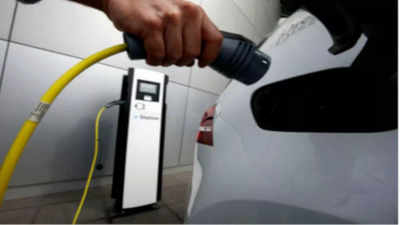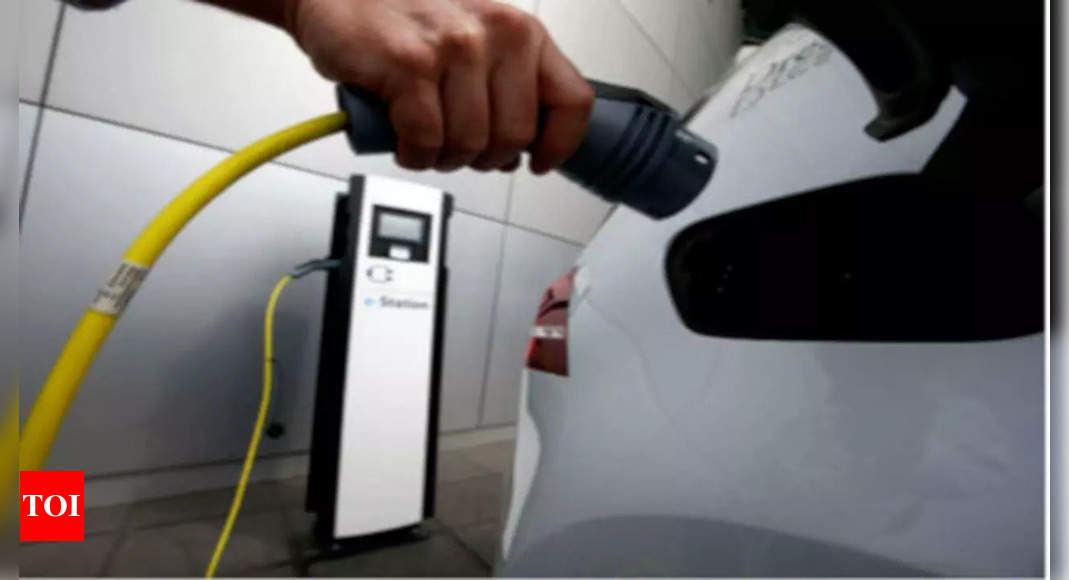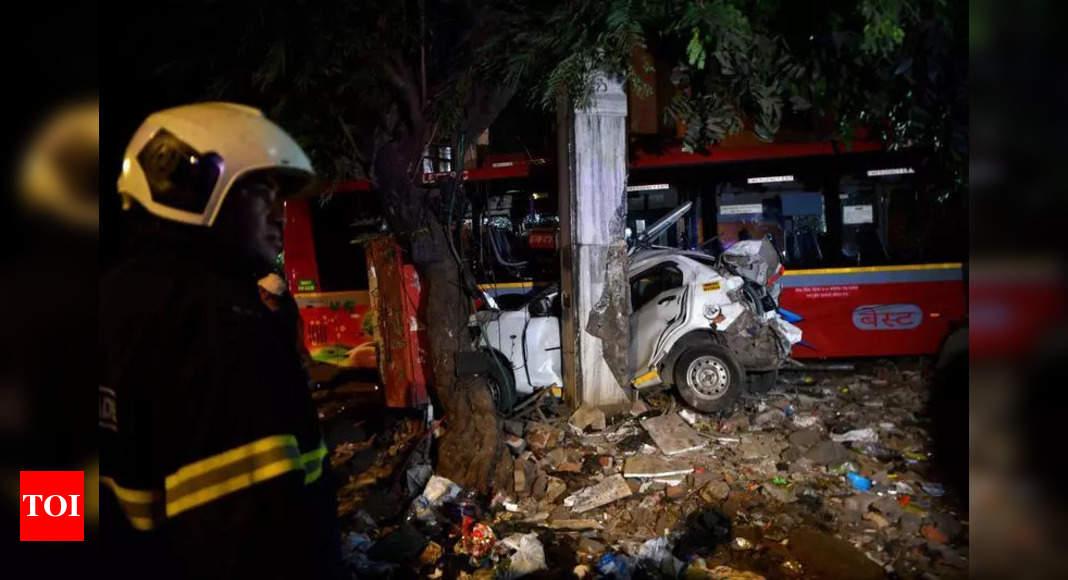
CHENNAI: India needs Rs 16,000crore in capex to meet public EV charging demand by 2030, according to the FICCI EV Public Charging Infrastructure Roadmap 2030 report.
The report says top 40 cities out of more than 700 cities analysed (based on their EV sales from 2015 to 2023-24) and 20 highway stretches could be prioritised for scaling up public charging infrastructure.
“These top 40 cities are expected to have higher EV penetration in the next 3-5 years given the current EV adoption rate, and favourable state policies and 20 highway stretches connecting these 40 priority cities contribute to 50 % of the vehicular traffic,” said the report.
According to the report, current financial viability for public charging stations in India remains low at less than 2% utilization rates and to achieve profitability and scalability, 8% to 10% utilization is necessary by 2030.
Germany, for example, has created an economically viable public charging network with 5% to 10% utilization rates, and more than 16% utilization rates at the highways.
“This may require players to collaborate with local authorities for hyper-granular planning to identify hot spots for setting up public charging stations,” said the report.
The report highlights challenges that need to be addressed to scale up charging infrastructure, ranging from financial constraints including high infrastructure costs and low utilisation rates to operational constraints like lack of uninterrupted power supply and lack of standardised protocols.
“The current cost structure of electricity tariffs with fixed charges regardless of energy consumption combined with low utilisation at public charging stations is making it challenging to achieve break even,” says the report.
States like UP, Delhi and Gujarat have no/low fixed tariffs, but there are other states where fixed tariffs are high, thereby challenging the viability. The report emphasized that the ministry of power’s recent guidelines should be followed across states to have a uniform charging framework.
States should set up state level cells with representatives from industry stakeholders, state and central authorities to enable and monitor charging infrastructure roadmap implementation.



